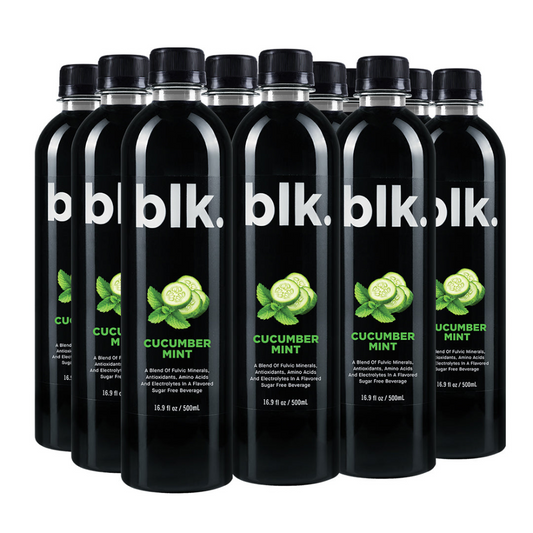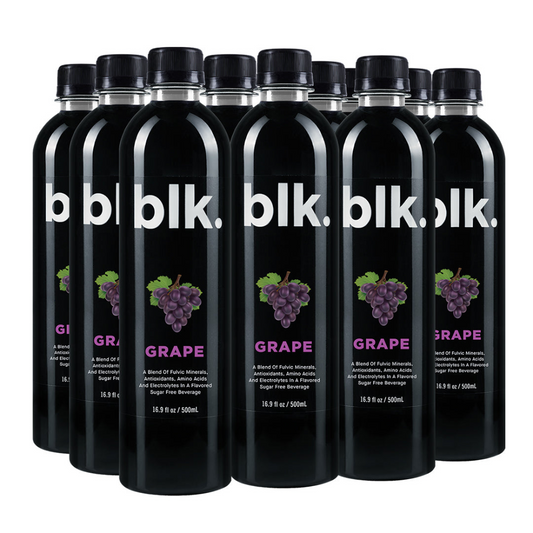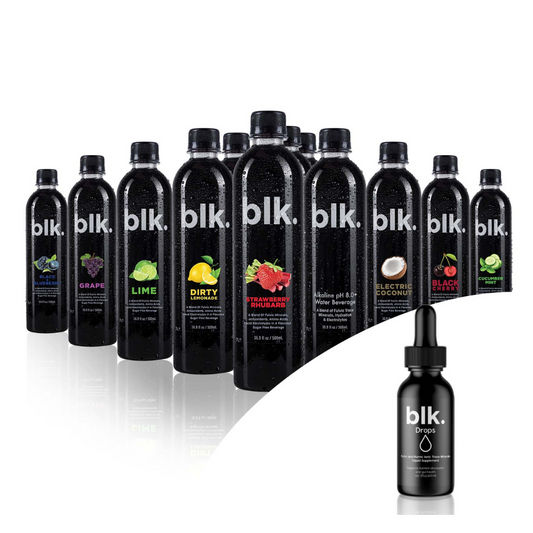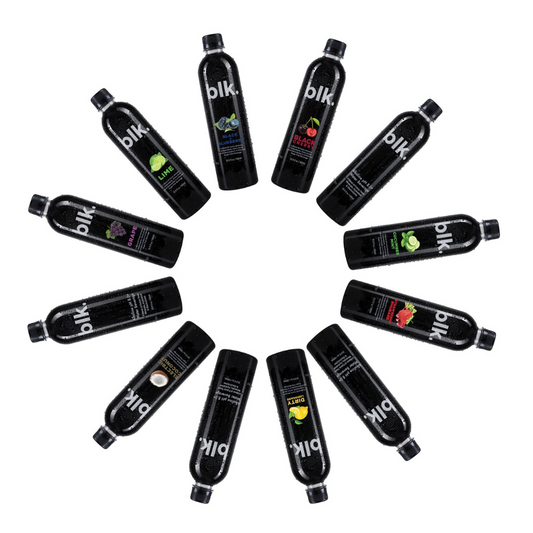
Whey Protein Hydrolysate For Gluten-free Diet
This guide will teach you:
- What whey protein hydrolysate is
- The source, bioavailability index, and amino acid profile of whey protein hydrolysate
- How to use whey protein hydrolysate for a gluten-free diet
- The risks of taking gluten-rich foods
Whey protein hydrolysate has grown increasingly popular among fitness enthusiasts, athletes, and gym goers due to its many benefits.
What is Whey Protein Hydrolysate?
When protein hydrolysate is also known as hydrolyzed whey protein. It is a top-tier dietary supplement that has become a must-have. This supplement is a subset of whey protein isolate (WPI) made by mixing it (WPI) with enzymes that extensively hydrolyze, break down, and predigest it.
Protein Source
The primary source of whey protein hydrolysate is dairy milk. Whey is a watery substance that separates from curd when making cheese. However, since this is a protein powder-based supplement, it must be sprayed, dried, and ground into fine flour that you add to your workout smoothies and shakes.
Hydrolysis Process
WPI, which comprises about 90% protein or higher, is mixed with water during hydrolysis. In simple terms, one molecule of WPI is mixed with water molecules with the goal of breaking down this whey protein molecule into smaller molecules. The importance of this process is ensuring that your body can easily absorb the nutrients in your hydrolyzed whey protein supplement.
Amino Acid Profile
Whey protein hydrolysate has a rich amino acid profile. Studies have shown that it comprises essential amino acids like lysine (8%), leucine (7.7%), and valine (7.2%).
Lysine is an essential amino acid that your body cannot make and has to be taken in your diet. It helps your body fight against diseases and improves athletic performance.
Leucine is one of the branch-chain amino acids (BCAAs). It helps reduce your blood sugar, muscle building, and repair. Valine is also a BCAA that enhances your energy, increases endurance, and aids in your muscle tissue growth and muscle repair.
Bioavailability
When you ingest whey protein hydrolysate (WPH), you expect your body to break it down and absorb it. It follows that WPH can only be helpful when absorbed by the body and into your skeletal muscle.
According to studies, whey protein is considered a “fast-acting” protein since its absorption rate is 10g per hour. This means your body will take roughly two hours to absorb 20 grams of whey protein. High bioavailability is vital, especially if you are after improving your workout since you want the essential amino acids to kick into your muscles as soon as possible.
Whey Protein Hydrolysate and Gluten-Free Diet
Following a gluten-free diet ensures you avoid foods like wheat and other grains while choosing substitutes that will give you all the nutrients your body needs for optimal functioning and a healthy diet.
Gluten-free Diet Overview
A gluten-free diet is a meal plan that excludes food rich in gluten. The main objective is to manage the signs and symptoms of celiac disease. Alternatively, if you have not been diagnosed with celiac disease, you can use this diet plan to improve your health, manage weight, and increase energy.
There are two (2) primary disorders that are associated with gluten intake. These disorders include:
Celiac Disease
When you have celiac disease, your small intestines’ are at risk of being damaged with every gluten you ingest. The danger is that with continued damage, your small intestines will become unable to absorb any nutrients your body needs.
Non-celiac Gluten Sensitivity
Non-celiac gluten sensitivity is a form of gluten intolerance. Generally, celiac-related diseases are autoimmune disorders. Non-celiac gluten sensitivity is responsible for activating signs and symptoms that are associated with celiac disease. The symptoms you are likely to suffer include abdominal pain, bloating, diarrhea, and constipation. Other common signs of this disease are depression, anxiety, and brain fog.
Gluten-free Foods
Now that we have discussed the risks when you take gluten as part of your diet, what are some gluten-free foods that you should ingest?
- Fresh foods: You should take fresh food like: Fruits, Vegetables, Beans, Seeds, Legumes, Eggs, Lean non-processed meats, most low-fat dairy products.
- Grains and starches or flours with zero gluten content: You should take grains like arrowroot, buckwheat, corn, millet, quinoa, rice, and sorghum. It’s best to avoid grains with gluten. Examples of foods you should avoid include wheat, barley, rye, and triticale-like wheat.
How Whey Protein Hydrolysate Fits Into a Gluten-free Diet?
Most whole, unprocessed foods generally fit into your gluten-free diet. Undoubtedly, the leading source of gluten is proteins. You are probably wondering if whey protein is gluten-free! Studies have shown that most dairy products are naturally gluten-free. Whey protein hydrolysate is a protein-rich supplement that is derived from milk.
Generally, milk is considered a gluten-free dairy product and the primary source of gluten-free whey protein. Therefore, hydrolyzed whey protein is naturally a gluten-free supplement since it has zero gluten content. However, it’s important to check the ingredients label to ensure your supplement is gluten-free. Summarily, whey protein hydrolysate can fit into your gluten-free diet.
Recommended Gluten-free Whey Protein Hydrolysate ProductsThe following are the recommended gluten-free whey protein hydrolysate product to use:
This gluten-free supplement contains protein isolates, concentrates, and hydrolysate. It is essential to allow you to build better muscles for a longer period, including enhancing your muscle performance and recovery.
How to Incorporate Whey Protein Hydrolysate into a Gluten-free Diet
You can take whey protein hydrolysate in various ways. For example, you can use it as a substitute in your baking recipes, blend it in your protein smoothies, or create a protein shake.
Takeaway
Gluten-free diets are very essential to your health and well-being. It is highly recommended that if you have to use a supplement, you have at least consider whey protein hydrolysate. This supplement can give you all the nutrients you need for exercise and optimal body functions while keeping your body free of gluten and the risks associated with its intake. However, you should always check your product's ingredients to confirm they are gluten-free.
Frequently Asked Questions
-
Is whey protein hydrolysate gluten-free?
-
Can people with celiac disease consume whey protein hydrolysate?
-
What are the benefits of whey protein hydrolysate for gluten-free diets?
-
How is whey protein hydrolysate different from whey protein isolate?
-
Is whey protein hydrolysate suitable for people with lactose intolerance?
-
How much whey protein hydrolysate should I consume daily on a gluten-free diet?




